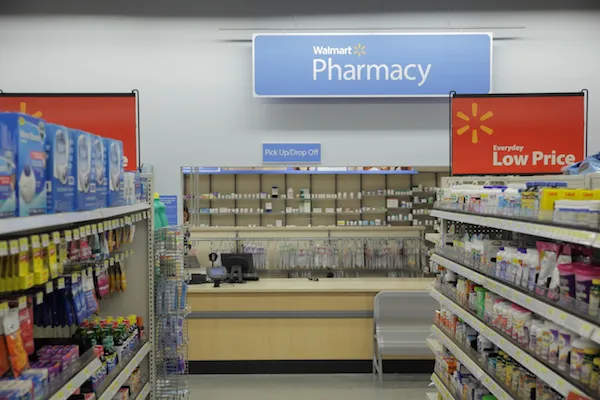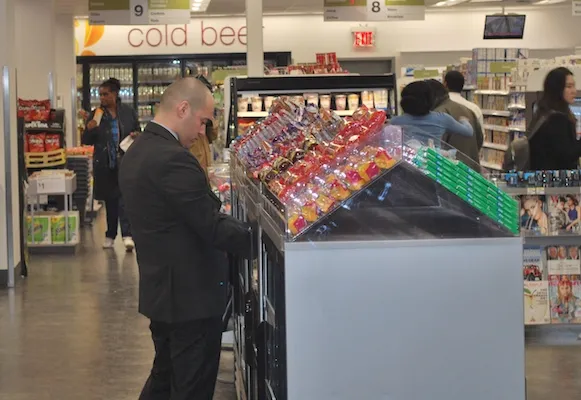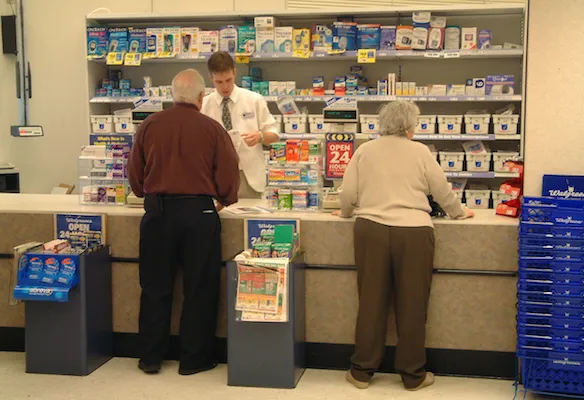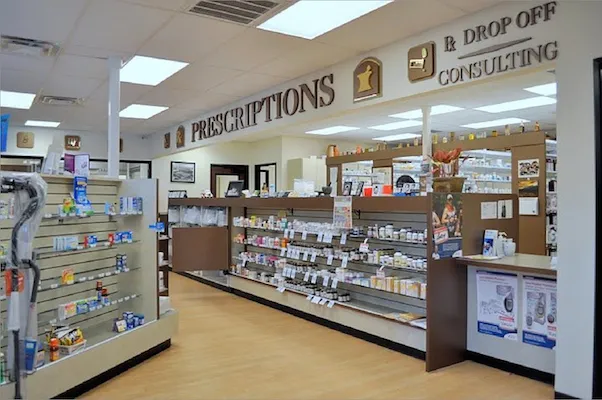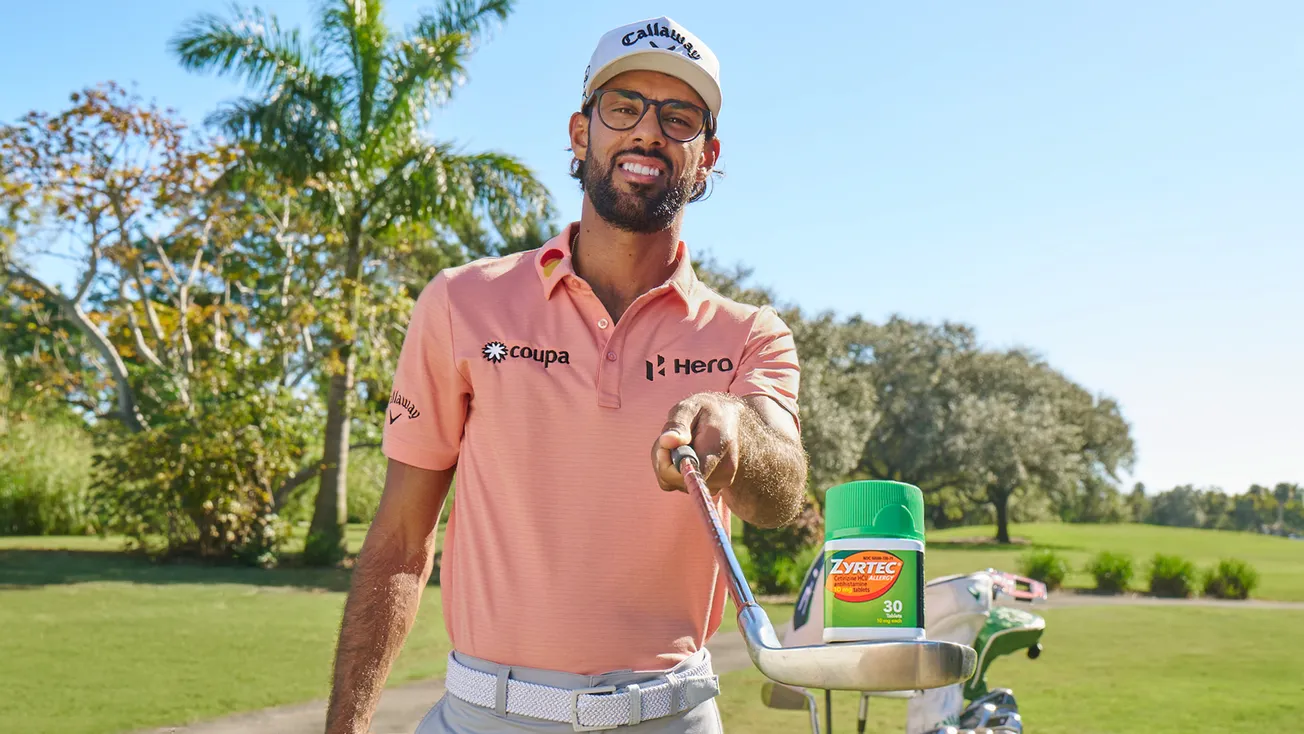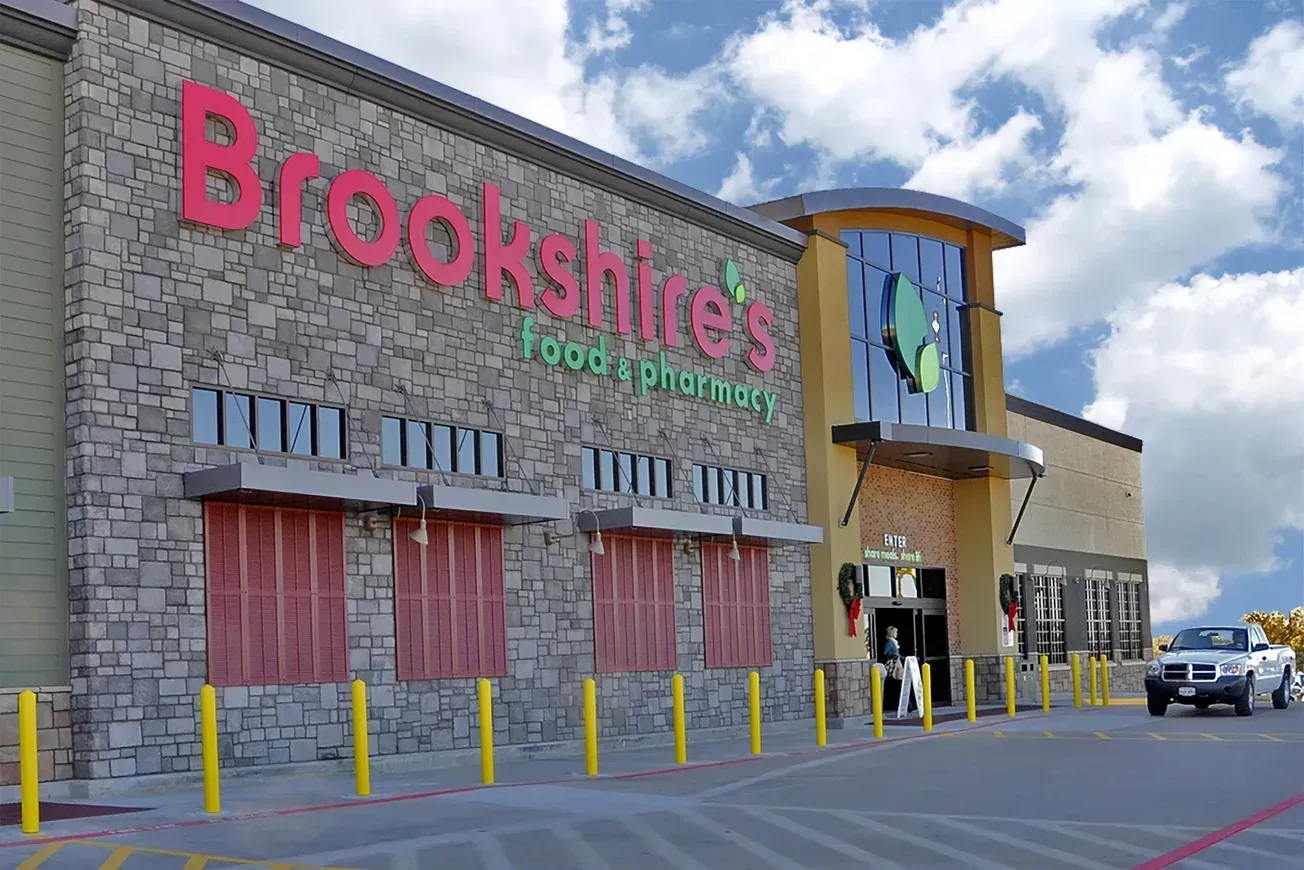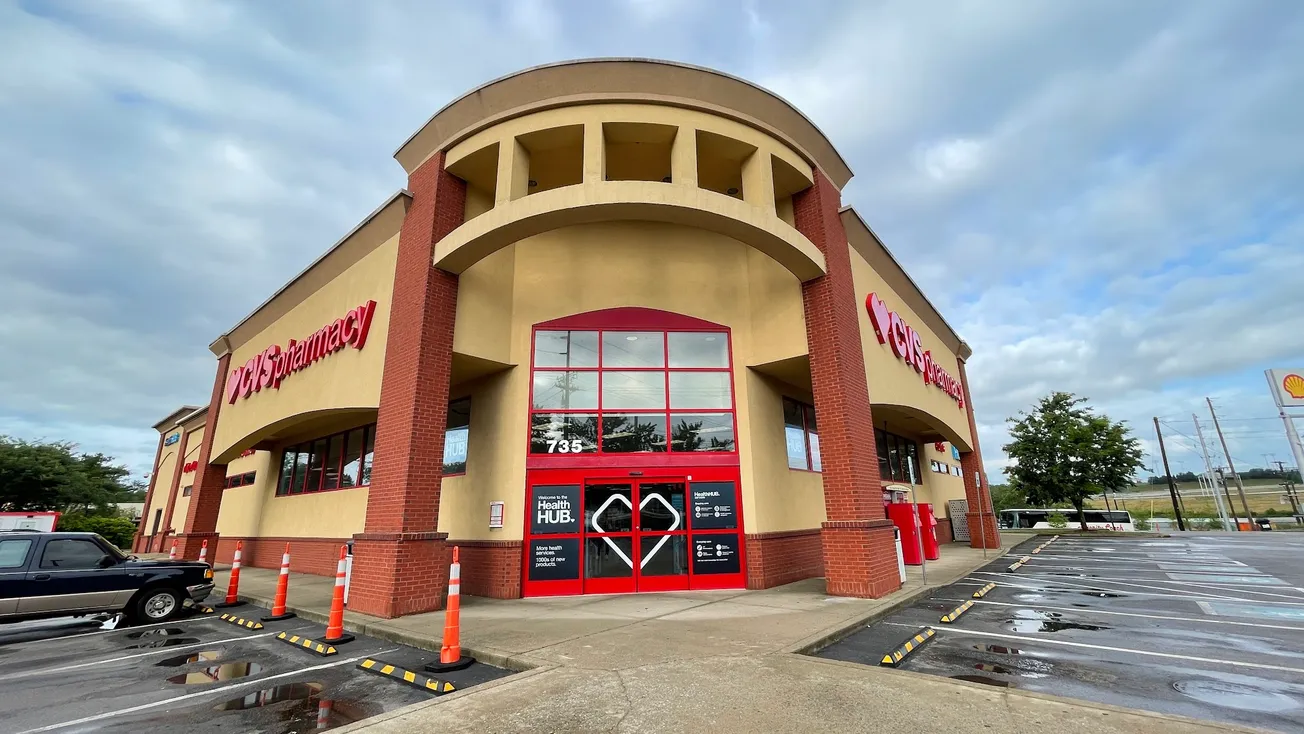The expanded distribution agreement between McKesson and Walmart not only brings McKesson a generic drug customer it had been pursuing, but it also “finalizes an intriguing industry channel alignment,” according to pharmacy supply chain expert Adam Fein, president of Pembroke Consulting.
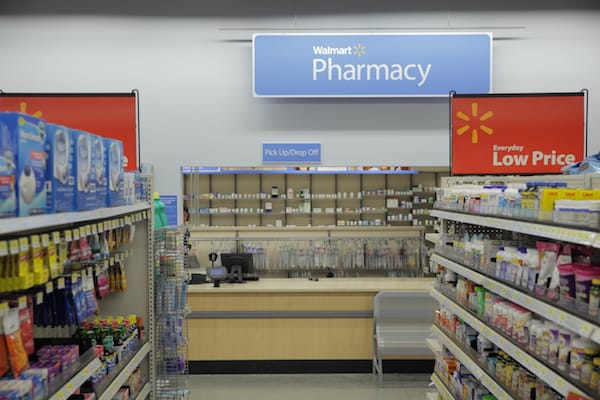
In a posting Tuesday on his Drug Channels blog, Fein noted that Walmart was the last large retail pharmacy player not to have switched its sourcing of generics to one of the big three drug distributors (i.e. McKesson, Cardinal Health and AmerisourceBergen).
“This long-expected deal makes sense for both companies. Walmart finally bowed to the inexorable economics of generic purchasing, while McKesson captured a much-needed partner that it had been aggressively chasing,” wrote Fein, who’s also CEO of Pembroke’s Drug Channels Institute.
But the big picture, he explained, is that the McKesson-Walmart agreement essentially winds down a trend of deeper connections and vertical partnerships in the pharmacy supply chain between the large wholesalers and retail pharmacy chains, as well as PBMs.
“The deal also formalizes an intriguing alignment between the three largest wholesalers, the three largest pharmacy benefit managers (PBMs) and the four (soon to be three) largest retail chains,” Fein said.
The alignment has AmerisourceBergen with Walgreens Boots Alliance (and pending acquisition Rite Aid) and Express Scripts as the major customers; Cardinal Health with CVS Pharmacy (including Target pharmacies) and OptumRx; and McKesson with Walmart and CVS’ Caremark PBM.
“The wholesale customers — five companies, post WBA-RAD — accounted for almost two-thirds of U.S. prescription dispensing revenues [in 2015],” Fein pointed out. “These alignments have significant implications for manufacturer channel strategies because wholesalers are becoming virtually impossible to displace for traditional brand-name and generic products.”

